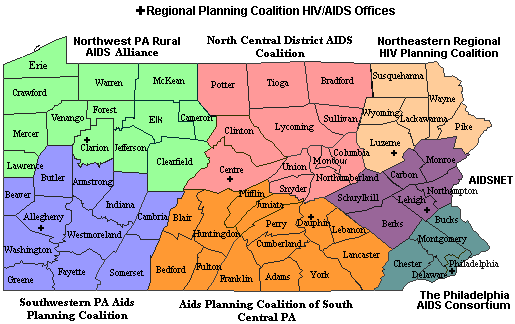Home AIDS awareness Boys and Girls Club Internet AIDS awareness
As W.E.B. DuBois states “we are training not isolated men but a living group of men…and the final product of our training must be neither a psychologist nor a brickmason, but a man.” This holistic belief on the concept of education can be applied to all forms of knowledge concerning the life of the modern man. Today, one of those issues plaguing the life of the modern man is the AIDS epidemic. As according to the Census Bureau, in 2005, there was a reported 956,019 AIDS cases, which equates to 339.71 cases per 100,000 within the United States. In my community of Lehigh County, there has been a rate of 233.27 per 100,000 since 1980 to 2005 as stated by the Department of Health in Pennsylvania. Although the rate of AIDS within the Lehigh County has not surpassed the national rate per 100,000, there is an issue in this rural community. Sadly, as seen in many rural communities, the individuals residing in this area are misinformed about the modes of transmission and the individuals that can be affected by this deadly disease due to their preconceived biases. The general attitude of citizens living in rural counties of the United States is that they are immune to AIDS virus to their sexual preference, their marital status, or simply their refusal to accept the truth about this disease. Unfortunately, these biased beliefs of the AIDS epidemic is expressed within Lehigh County and the surrounding rural townships through the lack of local media coverage of the epidemic and the educational structure of the health education courses within Pennsylvania. According to the Guttmacher Report on Public Policy, most educational systems promote the instruction of abstinence and contraception rather than STDs. This type of education is falling short in terms of properly educating their students due to the fact that these students continue to harbor a bias towards the AIDS epidemic. Unless the educational system in Pennsylvania is altered to thoroughly cover information on AIDS, misinformed citizens will continue to contract and die from this disease.
Compared with their urban counterparts, residents of rural areas face additional dilemmas to accessing HIV services and treatment. These barriers faced include geography, income, and lack of education. Under the stringent confines of a population of less than 2,500 , the individuals within these communities face economic, educational, and social strife when attempting to obtain information and treatment on this deadly disease. According to the Rural Pennsylvania Newsletter, “the average rural household income, according to Census 2000, was $47,713, nearly $6,500 less than the urban average”. As stated within this rural Pennsylvania publication, the rural poverty level was nine percent. The lack of money within the rural communities presents a problem in AIDS treatment. Individuals that desire AIDS treatment within these areas must travel extensive distances in order to receive the care they desire. Although an organization called AIDSNET is established, many residents do not use this service. AIDSNET is an organization that provides AIDS education and treatment within Berks, Lehigh, Monroe, Northampton, Schuylkill, and Carbon counties. As seen in many rural areas, residents travel to larger areas for AIDS treatment for reasons of confidentiality and fear of prejudice within their local communities. In a population of less than 2,500 , citizens of rural communities typically know the dealings within each other’s lives. So AIDS patients will travel to larger cities such as Philadelphia, Allentown, Pittsburgh, and Scranton in order to be treated by physicians they do not know. Due to the lower economic status of rural citizens in Pennsylvania as stated by the Center for Rural Pennsylvania, most citizens cannot afford to travel hundreds of miles in order to receive the constant treatment necessary for individuals with AIDS. According an article entitled Delivering care to Rural HIV/AIDS Patients, the lifetime cost of treating an individual with AIDS is $119,000. This cost in addition to travel expenses proves infeasible for individuals earning $47,713 a year.
www.google/images.com
